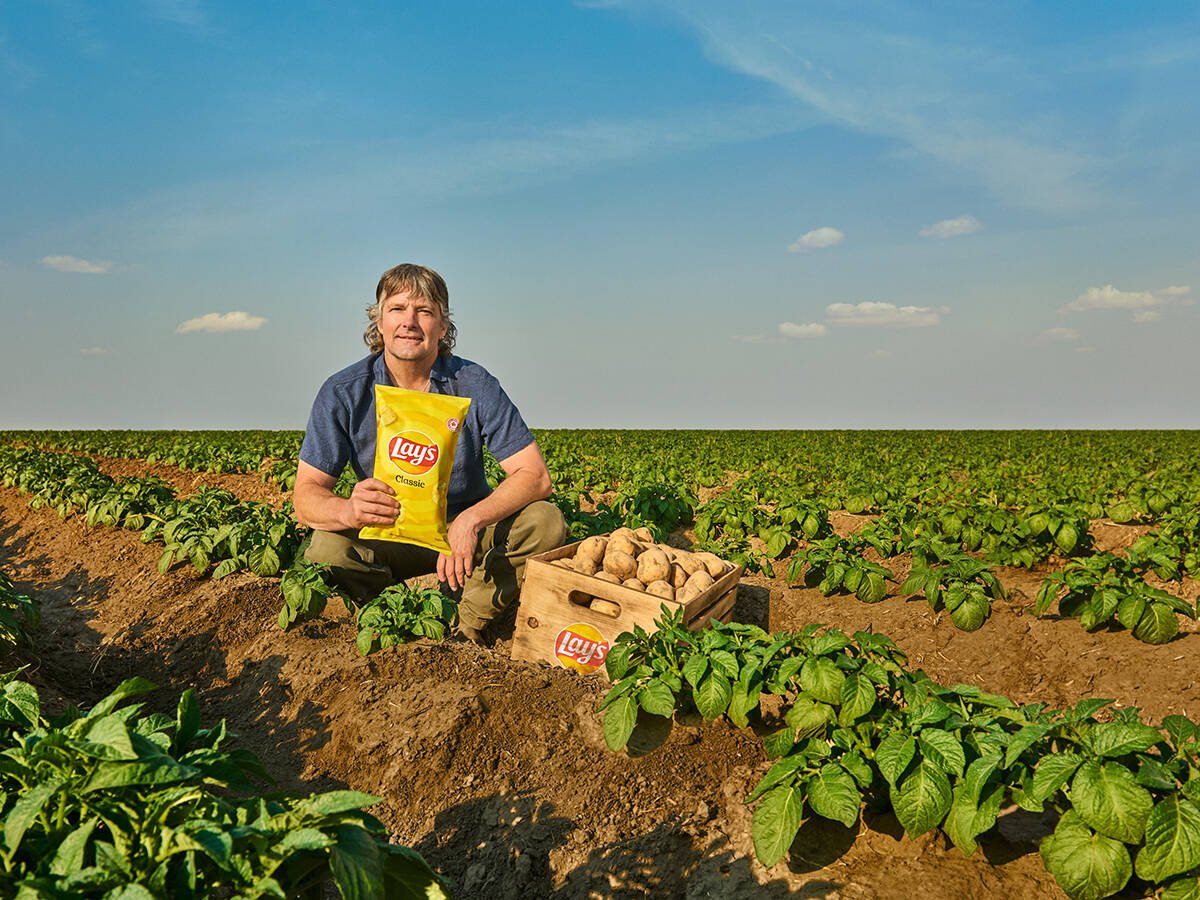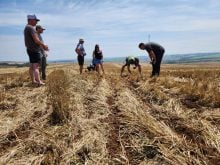SASKATOON – Steer legs, bugs, cows …. It doesn’t read like a typical university wish list. But a lot of western Canadian agriculture programs rely on unusual gifts like these to keep their doors open.
“We can’t afford to buy everything that is essential for the college,” said Sidney Indig of the Olds College Foundation in Alberta.
So like most other agriculture schools, Olds relies on donations to help offset costs.
Last year, hundreds of steer legs were donated to the college by a local slaughterhouse. Students use the legs to practise cutting hooves in the farrier program. Students in every program from meat processing to livestock production need hands-on experience to prepare them for the workplace, said Indig.
Read Also

Alta. potato farm family relish their time on TV
Chris Perry’s farm at Coaldale, Alta., is featured in a new television commercial emphasizing the Canadian content in FritoLaypotato chips.
For 10 years, Olds has relied on the cattle industry to donate calves the college could never afford. Livestock production students raise the calves and gain more knowledge than they could get from textbooks. Students also get the advantage of working with the species and quality of cattle they will face in the industry after they graduate.
At the University of Saskatchewan in Saskatoon, purchasing all the land, animals and equipment needed for agriculture programs is simply out of the question, said Doug Clark from the Alumni Office. Different faculties rely on gifts from individual farmers or companies.
Lynn Webster from the university’s veterinary teaching hospital said pet food donations are vital in keeping costs down. Over $30,000 worth of dog and cat food is donated to the hospital by pet food companies every year.
But while Webster said the free food is appreciated, he knows the pet food companies want to expose future vets to their products.
The hospital also gets live animal donations, such as horses for students to study.
“If we have to go out and buy a horse … we’re looking at at least $800 to $1,000,” said Webster.
Some gifts have more than monetary value. At the University of Manitoba, the department of entomology receives insect donations from professional entomologists and amateur collectors, said professor Neil Holliday.
The donations help entomologists develop a set of criteria for identifying insects.
At Olds College, Indig said donations don’t always come easily. Alumni and faculty members spend a lot of time soliciting needed equipment for the school.
“We would accept at any time one of those monster tractors or a combine,” he said with a laugh.
















